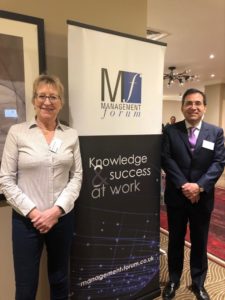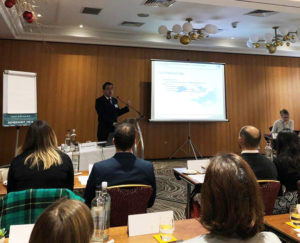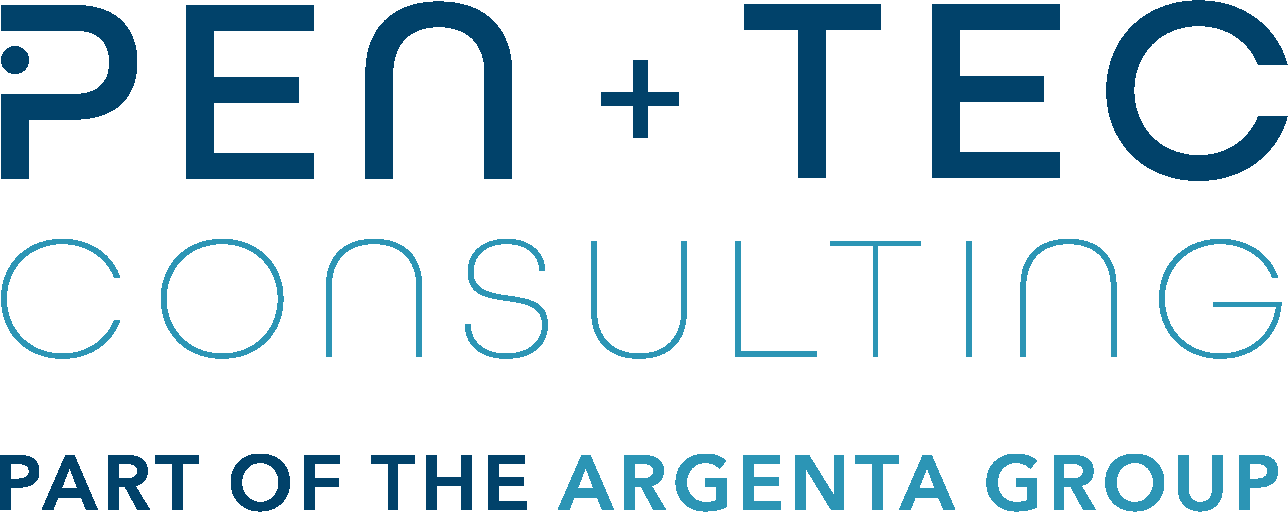BREXIT effects and global regulatory trends in feed additives
Posted 8 January, 2020
Pen & Tec Consulting, together with Management Forum, every year delivers a practical course on the Regulation Updates on Animal Feed and Feed Additives in the EU, USA and China. The last event that took place in December 2019 covered the requirements and necessary steps to obtain a marketing authorisation, regulatory framework and data required to establish the characterisation, quality, safety and efficacy of the different types of feed additives and one of the hottest topics: BREXIT effects for business operators.
 Mr Héctor Velásquez-Estay gave an in-depth review of the economic effects of various post-BREXIT scenarios on the UK and EU feed industries, highlighting the inevitable uncertainties covering Northern Ireland, the transition period, and the need for independent representation of UK and EU companies in the two geographical areas, once no longer under common EU legislative frameworks. Dr Elinor McCartney added possible early divergence on key legal issues, citing the new EU transparency regulation as a likely milestone.
Mr Héctor Velásquez-Estay gave an in-depth review of the economic effects of various post-BREXIT scenarios on the UK and EU feed industries, highlighting the inevitable uncertainties covering Northern Ireland, the transition period, and the need for independent representation of UK and EU companies in the two geographical areas, once no longer under common EU legislative frameworks. Dr Elinor McCartney added possible early divergence on key legal issues, citing the new EU transparency regulation as a likely milestone.
While updating delegates on the role for the EU Commission in the approval of feed additives in the EU, Dr McCartney also emphasised that difficulties and possible divergence are foreseen for those feed additives still under evaluation by EFSA, as well as feed additives subject to reauthorisation and renewal procedures, many still pending EFSA opinions. Another example is the urgent requirement from the EU Commission for UK companies holding current EU zootechnical feed additive and coccidiostat authorisations to ensure that they have an EU-based representative in place by end January 2020, or risk losing the approval. Other EU updates included the status of REFIT – the EU’s “fit for purpose” review of feed additive legislation, and opportunities presented by new feed additive categories.
 Dr Montserrat Anguita from EFSA covered the main changes emanating from EFSA, focussing on recent updates to EFSA feed additive guidance. Dr Eliana Henriquez Rodriguez presented key details of study design and statistics required for EFSA-compliant studies in livestock and pets. The EU focus was explored further by interactive workshops, well-supported by participating delegates, and led by Ing. Ruud Bremmers of Regal.
Dr Montserrat Anguita from EFSA covered the main changes emanating from EFSA, focussing on recent updates to EFSA feed additive guidance. Dr Eliana Henriquez Rodriguez presented key details of study design and statistics required for EFSA-compliant studies in livestock and pets. The EU focus was explored further by interactive workshops, well-supported by participating delegates, and led by Ing. Ruud Bremmers of Regal.
Raymond Ng of Accestra contrasted EU approaches with the latest changes in requirements for the importation and registration of feed and feed additives in China.
Dr Elizabeth Lewis from NutraSteward summarised USA legal options for feed ingredients, highlighting timescales and obstacles for various routes to legal status: FAP (Food Additive Petition), GRAS (Generally Recognised as Safe) and the AAFCO new ingredient notification procedure. Of note is the US FDA involvement in all these procedures, resulting in longer time frames and more exacting data requirements.
